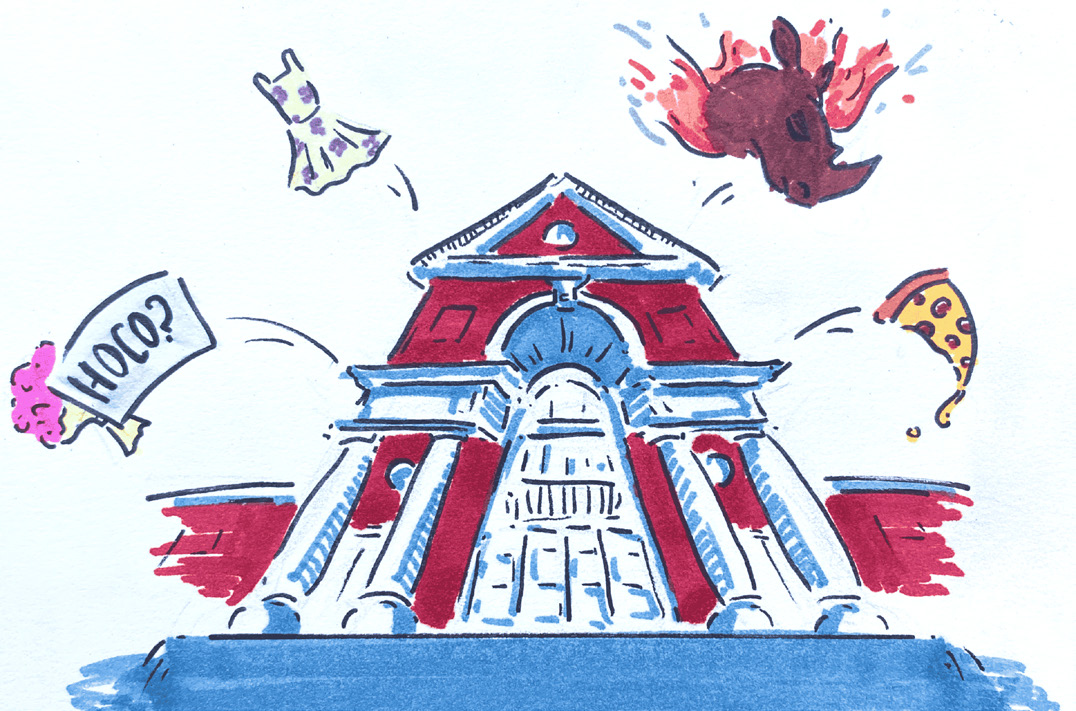Hotchkiss students are granted a good deal of independence. This freedom often manifests itself as responsibility; and having successfully navigated a 16-hour school day and the Kilimanjaro of laundry loads, it is easy for us to fancy ourselves adults. So when we begin to feel the tightening reins of administrative safeguards, we revolt with the intensity of wild horses, forgetting that these protections—campus bounds, study hall, check-ins, the lake buoys—are simply manifestations of a larger truth: that we are children, and in certain cases, it is appropriate for us to be treated as such.
While this sentiment often holds true, as of late, the administration has been testing its limits. The past few weeks have brought a torrent of changes: the DEI Office was rebranded as the Office of Pluralism and Community, the cap on class size appears to have increased, space in all-gender housing has been reduced, and a number of community service opportunities, along with several thirds teams, have silently disappeared. Many of these changes were prefaced with neither public announcement nor community feedback. What’s worse, the administration has been spectacularly evasive about its motivations for making these adjustments. When our writers sought explanations, officials either did not get back to them or refused to acknowledge that any changes had been made; if answers were provided, they were nonspecific and unconvincing.
This lack of clarity—and in some cases, purposeful secrecy— has shrouded the decision-making process in an unreasonable degree of mystery. Though we may be young, we also possess a sharp awareness of community issues and a keen interest in contributing to their resolution. We want to know the reasons behind the things happening around us, however unpalatable those reasons may be. And, contrary to popular belief, we are perfectly capable of handling the truth: there is no reason to bacon-wrap the controversial prune of change in digestible (or non-existent) explanations. Honesty really is the best policy; and it’s a policy change we’d like to see.






